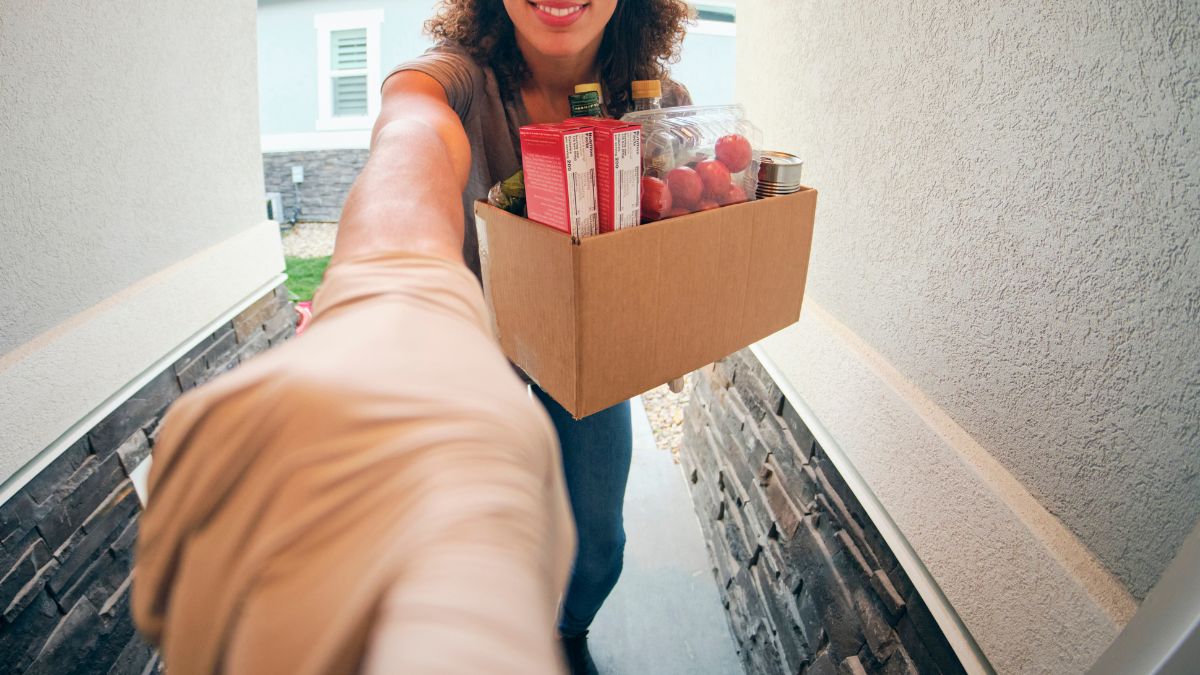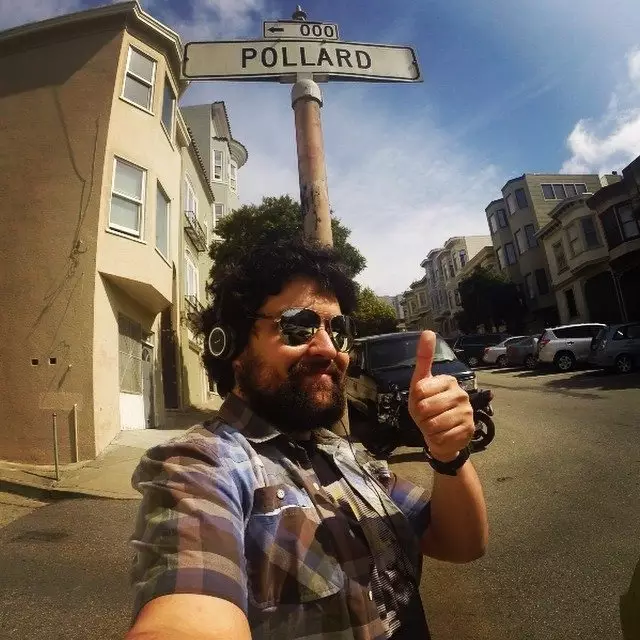After raising $260M, JOKR/Daki is planning a $50M series C

It’s no joke that the market is significantly readjusting the volume of funding rounds. Look at JOKR: after becoming a unicorn and raising a $260 million series B at the end of 2021, the delivery company is now planning its series C. What’s the size of the check? From $35 million to $50 million.
According to The Information, JOKR is talking to investors and negotiating a $1.3 billion pre-money valuation. That is a minimal increase from the previous valuation of $1.2 billion last December. Global venture capital firms G Squared and GCV Capital, which have previously invested in JOKR, are expected to lead the new round along with Tiger Global, Greycroft, Activant Capital, and Balderton Capital.
2022 was not the best year for JOKR, which operates in Latin America under the name Daki. Last June, the company shut down its operation in the North American market. However, the company plans to continue operating in Latin America and is looking for investments.
According to sources linked to JOKR, the funding will help the company stop (a little) the cash burn rate since JOKR operated with losses of the average of $10 million per month. However, with the exit from the US market, the cash burn value may have already decreased.
With this news from JOKR, it’s clear that there are investors still willing to take risks and bet on fast-delivery startups. In the US, two companies in the field have already ceased operations: Buyk and Fridge No More. Gorillas and Getir laid off employees. To survive, companies like Gopuff are looking for alternatives such as venture debt to reinforce their cashiers.
In Brazil, the segment is still in the initial stage and has been receiving investments from iFood, Rappi, Uber (with Cornershop), and Daki, which currently has about 90 stores. With the change of winds in the venture capital market, plans also changed, shifting the focus from expansion to putting the house in order, focusing on operations in São Paulo, Rio, and Belo Horizonte. The company has opened more stores in these cities and set up a distribution center in São Paulo with an investment of BRL 4 million ($800,000).
In April, the company launched its own product line to increase customer loyalty and verticalize the operation, increasing profit margins.
(translation by Gabriela Del Carmen)

Leandro Miguel Souza é jornalista especializado na área de TI, cobrindo pautas de tecnologia, negócios e inovação há mais de 10 anos, em passagens por diversos veículos do segmento, como Baguete Diário, Canaltech e Manual do Usuário. Um apaixonado por formas inusitadas e (por quê não?) inovadoras de criar conteúdos, contando com uma pós-graduação em Jornalismo Multimídias.